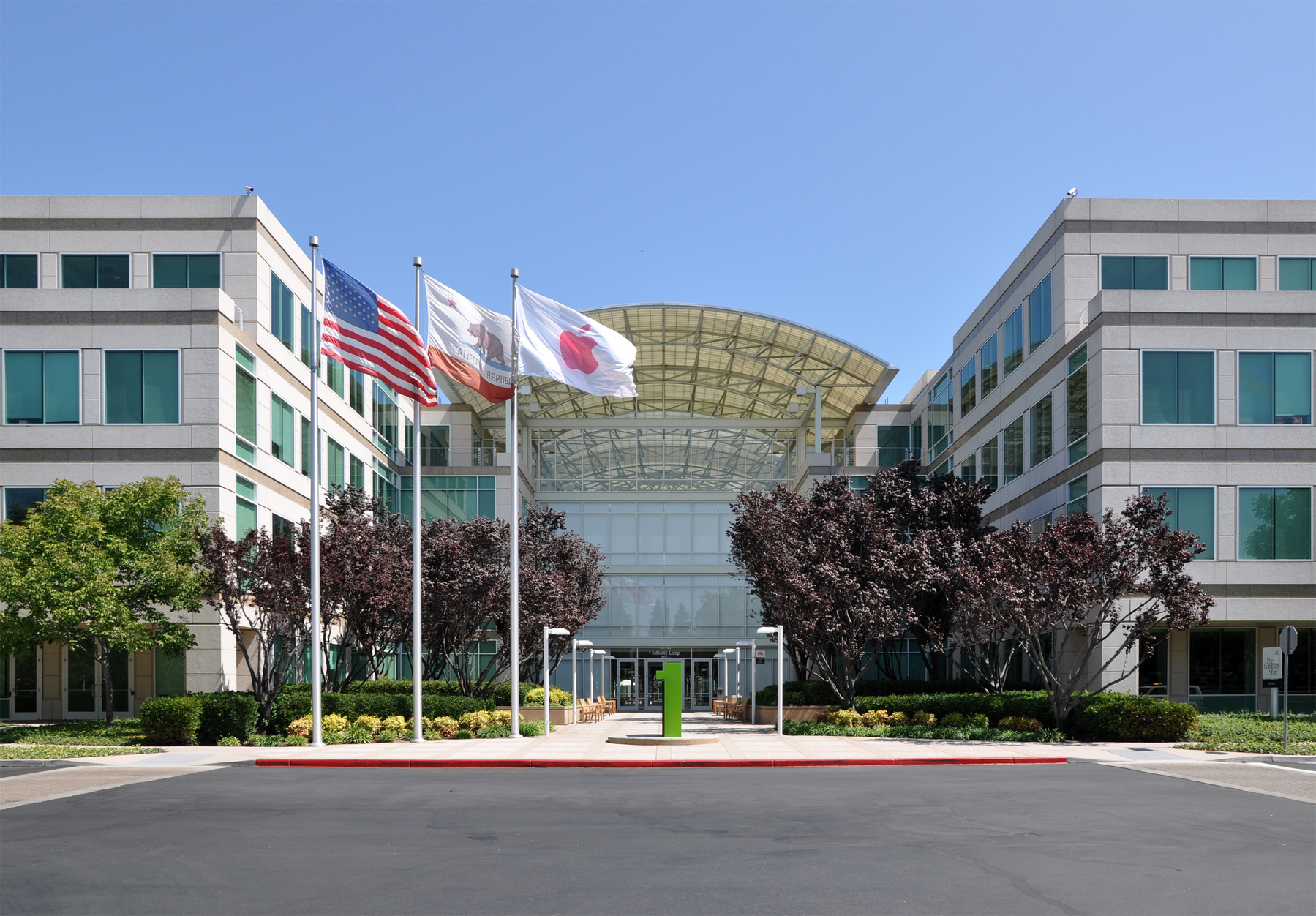Antitrust official inappropriately lauds Amazon's "disruptive business model"
Antitrust official inappropriately lauds Amazon’s “disruptive business model”
DOJ antitrust head William J. Baer, speaking at a London antitrust conference:
By conspiring with Apple, which was seeking a fail-safe way to enter the market, five major publishers and Apple reached an agreement to drive the industry to an agency sales model and seize back control over and raise retail pricing of e-books. The department successfully challenged this conspiracy to quash Amazon’s disruptive business model, forcing the defendants to terminate the contractual agreements they had used to effectuate the conspiracy. Since then, Amazon’s disruptive business model has continued to stoke competition in the e-books marketplace.
That is an inappropriate way for a federal antitrust official to speak about a major market participant. Amazon did not make noise about Apple’s ebooks collusion for the good of its customers. They did it because low prices keep them on top, and because no other company is willing to bear the losses Amazon can endure, there is no end to their dominance in sight.
Apple’s attempt to raise prices in cooperation with five publishers did not end well for the Cupertino company and rightly so, but their motivations were logical. Amazon maintains low prices and therefore the illusion that they are doing customers a favor, and in the long run doing authors and publishers a favor by expanding the pool of would-be customers who can afford ebooks.
However, there is at least some truth to the concerns authors and publishers have expressed about Amazon’s dominance. The company is in a position to decide what books a large majority of book buyers can access. It’s a wise short-term strategy both business-wise and legally because it is as quiet and passive as Apple’s conspiracy was bold and aggressive. But long-term it’s likely to expose the company to regulatory inquiry at a time when Amazon is contemplating things like drone delivery, which will likely face stiffer regulation sooner than later, especially when put to retail use.
Of course based on Assistant Attorney General Baer’s comments at the Chatham House Annual Antitrust Conference, Amazon has at least one friend in a position, and a mindset, to lionize them despite questionable competition strategies.

